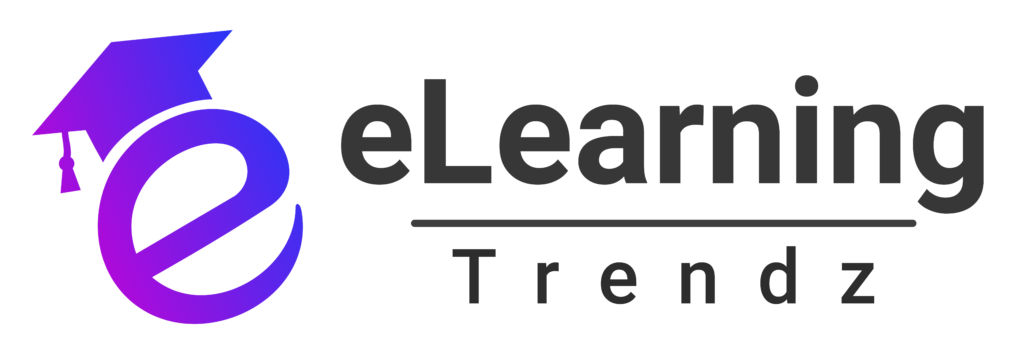Why Affordable LMS Matters for Startups and Small Businesses
Startups and small businesses typically have limited budgets but still need effective training tools to onboard employees, upskill teams, and ensure compliance. A budget LMS solution offers all the core features required to run training programs efficiently, without the high costs typically associated with enterprise solutions. Whether you’re a small company looking to scale or a startup on a tight budget, the right LMS can help streamline training and boost productivity while keeping costs manageable.
What to Look for in Affordable LMS Alternatives
When considering low-cost LMS platforms, it’s essential to evaluate key features that meet the specific needs of your business. Here’s what you should prioritize when looking for affordable LMS alternatives:
1. Cost-Effective Pricing Models
One of the primary concerns for startups and small businesses is budget. Many LMS platforms offer tiered pricing models, which can be more affordable for small organizations. Look for options that provide scalable pricing based on the number of users or active learners. This way, you only pay for what you need, making it easier to control costs as your team grows. Additionally, some cheap learning management systems offer free trials or entry-level plans, which can be an excellent way to test a system before committing to a subscription.
2. Ease of Use
Small businesses and startups need an LMS that is easy to set up and use without requiring extensive IT resources. The platform should have an intuitive user interface, straightforward navigation, and clear instructions to help you get started quickly. Many startup-friendly LMS tools are designed with simplicity in mind, ensuring that you don’t need a dedicated tech team to manage the system.
3. Scalable Features for Growth
Even on a budget, your LMS should grow with your business. Look for platforms that offer scalable features such as the ability to add more users, integrate with other tools (like HR systems), and provide advanced analytics as your organization expands. A multi-functional LMS that includes features like gamification, reporting, and mobile learning can be a good investment for long-term growth.
4. Integration with Other Tools
Startups and small businesses often use multiple tools for various aspects of business management. Therefore, it’s essential to choose an LMS that integrates easily with other software such as CRM systems, email platforms, or project management tools. If your team already uses software like Salesforce or Slack, check if the LMS can integrate with those tools to improve efficiency and streamline your learning programs.
Top 5 Affordable LMS Alternatives for Startups and Small Businesses
Now that we know what to look for in an affordable LMS, let’s explore some of the best budget LMS solutions 2025 that are perfect for startups and small businesses:
1. TalentLMS
TalentLMS is a popular choice among small businesses and startups due to its user-friendly interface and affordable pricing. It offers a flexible pricing model that’s based on the number of users and the features you need. TalentLMS supports a wide range of integrations, including Salesforce and Zapier, making it a good choice for businesses already using those platforms. It also offers robust reporting tools, mobile support, and e-commerce features to sell courses externally.
2. LearnDash
LearnDash is a WordPress plugin that enables startups and small businesses to create and sell online courses. It’s ideal for organizations that need a customizable solution at a lower cost. LearnDash offers features like course tracking, quizzes, certificates, and integration with other plugins like WooCommerce. Since it’s built on WordPress, it’s highly flexible and customizable, which is great for businesses that want more control over their LMS platform.
3. Absorb LMS
Absorb LMS is known for its scalability and ease of use, making it an excellent choice for growing small businesses. While it’s priced slightly higher than some other solutions, it offers a range of powerful features, including content management, mobile learning, and integration with Salesforce. It’s a great fit for businesses looking for a user-friendly, comprehensive LMS without a hefty price tag.
4. Moodle
Moodle is one of the most well-known open-source LMS platforms available. It’s free to use and can be customized to fit the unique needs of your business. For small businesses, Moodle can be an excellent option if you have the technical resources to manage it. Additionally, Moodle multi tenant integration allows businesses to run multiple tenants or organizations from a single instance, which is perfect for those looking to scale at a low cost.
5. Thinkific
Thinkific is a cloud-based platform that allows small businesses to create and sell online courses with ease. It’s ideal for startups with limited budgets but a strong need for a flexible, user-friendly LMS. Thinkific offers a free plan with basic features, making it an affordable option for startups looking to get started. Its paid plans offer advanced customization, integration options, and reporting tools that can grow with your business.
How to Choose the Best LMS for Your Startup or Small Business
Choosing the right budget LMS solution 2025 depends on your unique business needs. Here are some key considerations to help guide your decision:
- Budget: Determine how much you’re willing to spend on an LMS and choose a platform that fits within your budget while offering the features you need.
- Features: Consider the core features your business requires, such as mobile learning, gamification, or integrations with other tools like Salesforce.
- Ease of Use: Choose a platform with an intuitive interface that’s easy for administrators and learners to use without needing extensive training.
- Scalability: Select an LMS that can grow with your business and accommodate additional users, features, or content as your needs expand.
Conclusion
Finding the right budget LMS solution 2025 is essential for startups and small businesses that want to scale their training programs without blowing the budget. By focusing on cost-effective solutions like low-cost LMS platforms and startup-friendly LMS tools, your organization can build an effective learning environment that supports growth. Whether you choose Moodle multi tenant integration, Salesforce multi tenant LMS, or another cheap learning management system, there are plenty of options to meet your needs and help your business thrive.













